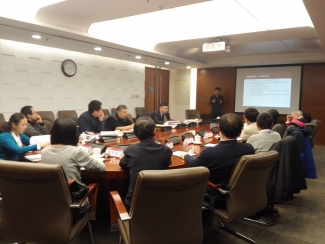Can an Emission Trading Scheme Promote the Withdrawal of Outdated Capacity in Energy-Intensive Sectors? A Case Study on China's Iron and Steel Industry
Outdated capacity and substantial potential for energy conservation are the two main features of energy-intensive sectors in developing countries. Such countries also seek to implement market-based options to further control domestic carbon emissions as well as to promote the withdrawal of outdated capacity and upgrade production level. This paper presents a quantitative assessment of the emission trading scheme (ETS) for China's iron and steel industry. The diverse array of normal and outdated capacities was modeled in a two-country, three-good partial equilibrium model.



